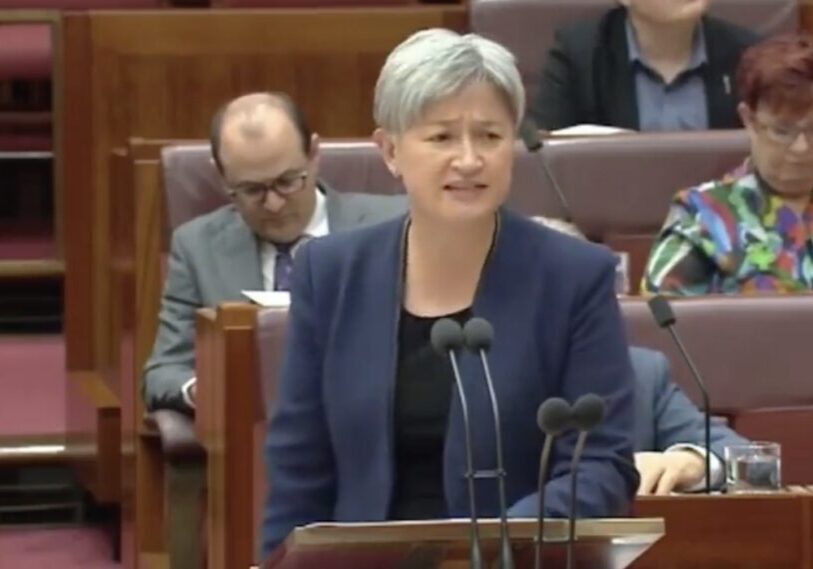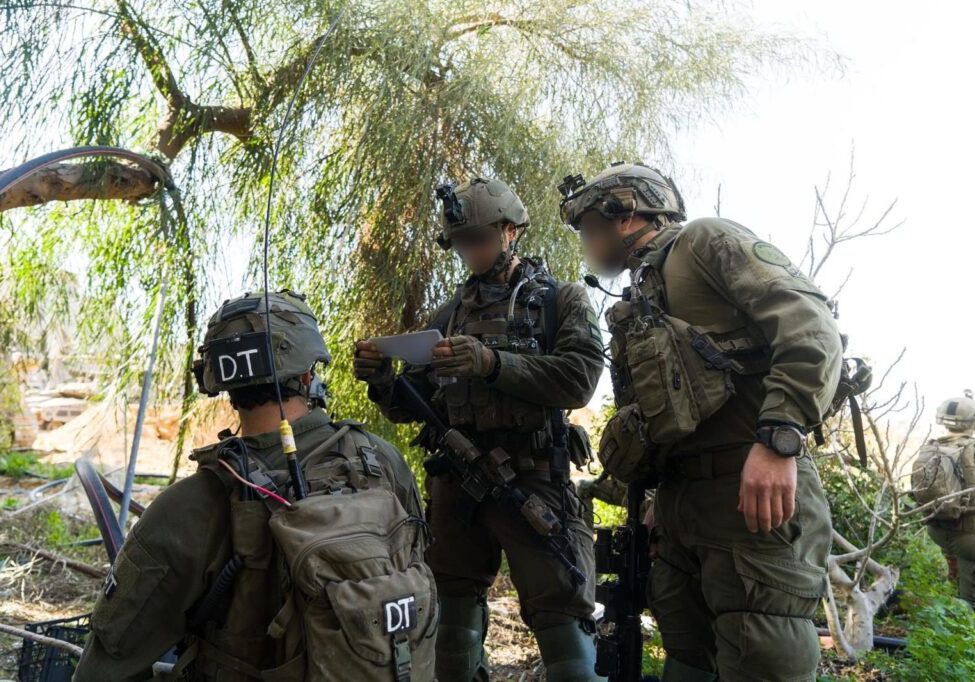Australia/Israel Review
Editorial: Failing the Grade
Dec 18, 2008 | Colin Rubenstein
By Colin Rubenstein
Last June, the Senate Standing Committee on Education, Employment and Workplace Relations initiated an inquiry into academic freedom. AIJAC was pleased to prepare a written submission for consideration and to offer oral testimony. In early December, the Committee released its report, which it re-styled as a report on “Allegations of academic bias in universities and schools”.
The tenor of the report – which made no recommendations and hinted strongly that the whole exercise was a waste of time – was set by Committee Chair Senator Gavin Marshall when, in the second paragraph of the preface, he singled out Liberal students’ submissions and testimony for creating “a strong undergraduate tone.”
The Majority report’s politicised approach to the inquiry was very disappointing, as there are legitimate and serious issues regarding bias and intimidation at Australian universities that concern students, and should concern legislators of all political stripes. It is not a “left” versus “right” issue. As the more thoughtful Minority report showed, governments can encourage specific, sensitive measures that would minimise problems of bias without impinging on either the academic freedom of lecturers or the autonomy of universities.
AIJAC firmly believes in academic freedom, as our submission made clear. However, this does not give academics the “freedom” to do absolutely anything they wish in the classroom setting. Freedom must be balanced by the rights of the students to an appropriate – meaning professional and unbiased – education that fairly presents the best empirical evidence and fully explores a variety of relevant, evidence-based perspectives.
This obvious point is being denied today by some university lecturers who declare that presenting blatantly political or one-sided courses or lectures is justified in order to “challenge” students’ preconceptions. Unfortunately and absurdly, the Senate Committee Majority joined these ideologues in arguing that “academic freedom” applies purely to faculty, and not to students.
The Committee’s Majority report dismissed the evidence of bias contained in various complaints as nothing more substantial than Liberal students being offended by being confronted with “alternative views”. But this strictly partisan focus ignored evidence submitted by AIJAC and others of not just ideological bias, but also of antisemitic or anti-Israel bias, harassment and even intimidation, at universities across the country.
At Monash University, for example, a first-year politics course on fundamentalism and global violence had two units on Jewish fundamentalism – including one on the “US Jewish lobby” – but whitewashed the issue of Islamist fundamentalism. At the University of NSW, a lecturer labelled a student the “resident Zionist” merely because she was Jewish, and then proceeded to publicly disparage her views and opinions whenever she spoke. At Murdoch University, a guest lecturer and tutor for a first-year world politics course labelled Israel an apartheid state; openly identified herself as a member of the Friends of Palestine; and promoted the group during her lecture.
This last example neatly embodies a host of problems. First, the improper use of guest lecturers. Second, a lecturer using class time to promote an outside political organisation. And perhaps most disconcerting, that this type of inappropriate behaviour too often occurs in first-year courses, where students are at their most impressionable and vulnerable.
Despite this and other evidence submitted, the Majority report cavalierly dismissed the concerns of bias because of what it considered an insignificant number of complaints and submissions to the Committee. Among other inconsistencies, this conclusion ignores evidence provided to the Committee that students are unfamiliar with the complaints processes – which may differ across campuses – and that students refrain from complaining of bias or intimidation because they remain apprehensive that doing so will negatively affect their marks or reputation with lecturers.
The Majority report also made no recommendation on the potentially serious issue of foreign countries funding university research centres. Our submission recalled the issue of foreign funding of centres at two universities that may have inappropriately impacted the direction, research and conclusions of those centres.
That is exactly the type of problem that the government could address through neutral recommendations which could ameliorate such concerns. First, anonymous donations should be banned and universities should have to publish their sources of funding, as well as any conditions that might be attached to the gift. Further, the government might consider regulations controlling contributions from corporate and foreign donors with a material interest in the subject they are funding. Like a tobacco company funding a health department that researches the effects of smoking, a foreign country funding a regional studies centre that makes policy recommendations towards its region is potentially problematic.
The Majority’s conclusion that all these are issues to be addressed only at the university level is nonsense. Universities may be the first, and maybe final, check. But there is also a role for the government in encouraging transparency and accountability – especially in publicly funded universities.
The government can and should be responsible and proactive in encouraging sensible and prudent efforts, preferably by universities themselves, to improve outcomes at taxpayer-funded tertiary institutions. Importantly, this can be accomplished without compromising either academic freedom or institutional independence. With this report, the Committee very disappointingly allowed rampant political partisanship to scuttle an opportunity to contribute to that worthwhile, if sensitive, effort.
It also missed an opportunity to improve the atmosphere and academic conditions for all students on Australian campuses, and assist in contributing to the genuine “education revolution” promised by the federal government. Hopefully, their cabinet colleagues – having just allocated a welcome windfall for tertiary infrastructure – will be wiser and responsibly address the real issues of ensuring a quality academic environment for students as well as staff that the Committee Majority unfortunately chose to either denigrate or ignore.
Tags: Anti-Zionism






